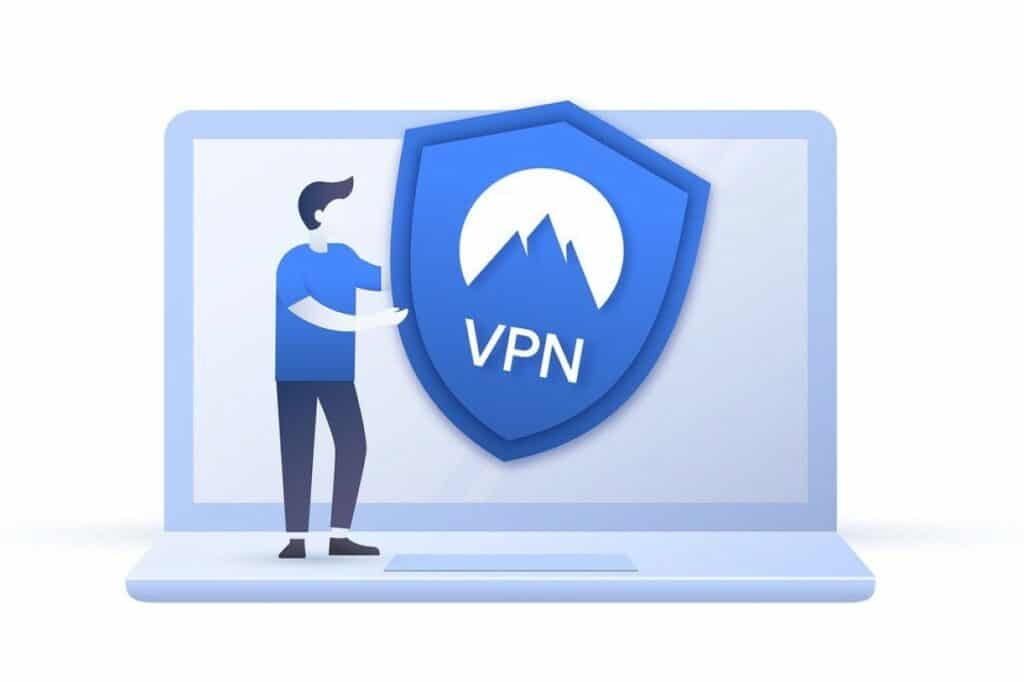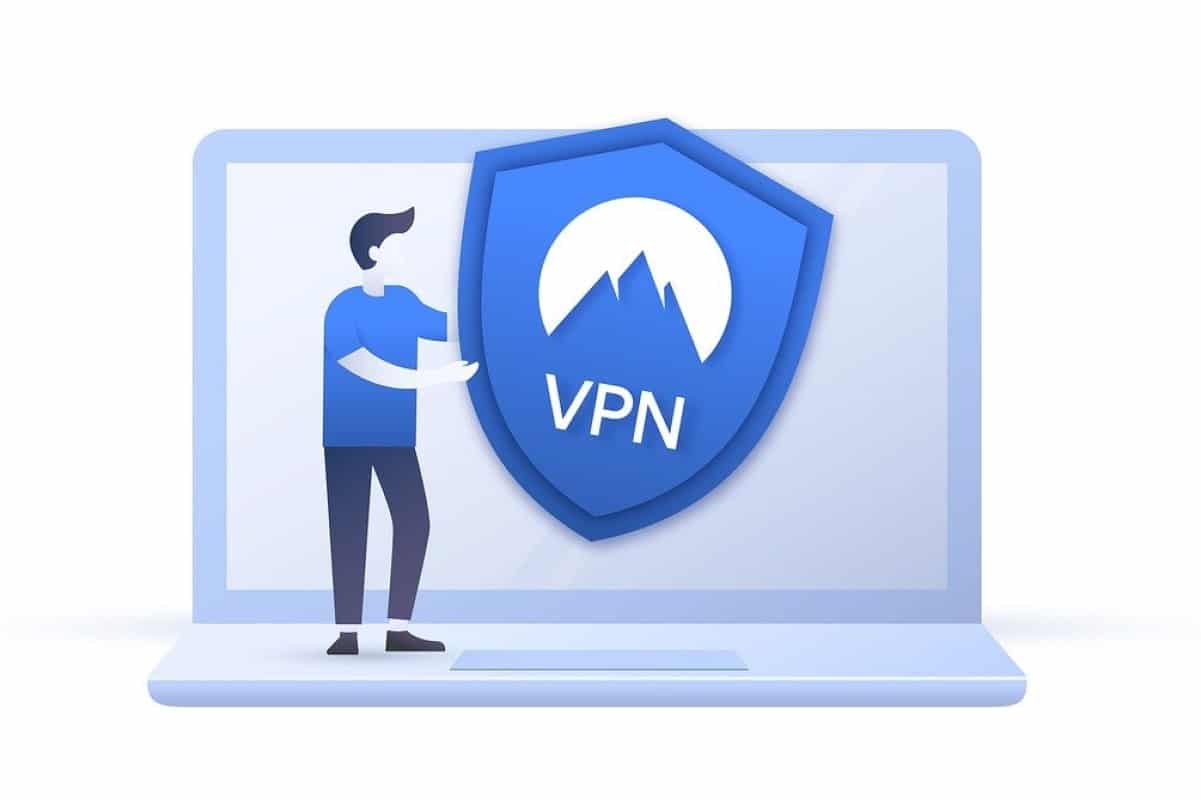The significance of utilizing a dedicated VPN server: Since the internet’s inception, online privacy protection has been a persistent concern for users. The surge in privacy breaches in recent times has only heightened these concerns, making users more cautious about their digital footprint and the information they share or unknowingly expose to entities like unknown third parties, governments, or internet service providers while browsing the web.

This growing concern has naturally led to the rise of technologies like virtual private networks (VPNs), which are witnessing increased adoption globally. However, despite the protection VPNs offer, concerns linger as providers still possess the capability to monitor your traffic and activities, potentially gathering and storing user data. This has made some users skeptical about the long-term effectiveness of VPNs in safeguarding their privacy, questioning their reliability and efficiency.
Fortunately, there’s no need to fret. Numerous viable alternatives to VPNs exist, including identity and access management platforms, privileged access management solutions, third-party security platforms, and zero-trust network access. Another viable alternative is using Dedicated VPN Servers. Let’s delve into this innovative service.
Understanding Dedicated VPN Servers
A dedicated VPN server involves installing specific VPN software on a VPS (virtual private server). But how does this differ from conventional VPN service providers and their servers? Traditional VPN services allow multiple simultaneous user connections, but without granting any user control over the server, its settings, or properties. Only the VPN provider can modify the server, potentially jeopardizing user data, traffic, and search history due to the lack of user control.
Conversely, a dedicated VPN server grants you your own server, allowing complete customization. You can control every setting, ensuring no tracking of your activity, traffic, or online behavior.
Functionally, it mirrors traditional VPNs. It routes your traffic through a secure tunnel, encrypting and safeguarding your information. Essentially, a dedicated server provides an additional layer of security for your online privacy. But there’s more to these servers than just enhanced security, surpassing traditional VPN providers in several ways.
The Merits of Using a Dedicated VPN Server
Using this private VPN service offers numerous benefits. As mentioned earlier, full root access to the VPS server via SSH empowers you to customize server settings, guaranteeing no logging of your online activity.
Another practical advantage is a dedicated static IP address. While traditional VPN providers offer IP addresses for server connections, these are shared among multiple users. Though this anonymity-preserving shared IP address system works, it can be problematic if some users engage in suspicious or illegal activities, leading to the address becoming permanently getting banned. This can be inconvenient if your access to streaming services like Netflix is collateral damage due to others’ actions.
A dedicated IP address, however, insulates you from the repercussions of other users’ online actions, as the IP address remains exclusively yours.
Connecting Multiple Devices
Unlike traditional VPNs that often impose limitations or charge extra for multiple device connections, a dedicated VPN server allows unlimited connections. Simply log into your VPS server, create a new user profile, and connect using another device. You can even assign different privileges to different profiles, making it perfect for families and businesses of all sizes.
Some dedicated VPN server providers, like VPSBG, prioritize transparency. They exclusively use open-source VPN protocols and even offer access to their custom installation scripts, emphasizing their commitment to transparency. For added privacy during transactions, some providers offer alternative and anonymous payment methods.
Exploring Potential Drawbacks
The only notable downside is the limited server location options. Since the VPN software resides on a physical VPS server, it can only be geographically located in one place. This inability to instantly switch locations might seem like a drawback for accessing geo-restricted streaming content. However, remember that the primary objective of such servers is to ensure constant your privacy. Nevertheless, you can always opt for a dedicated VPN server in a location that best suits your needs.
